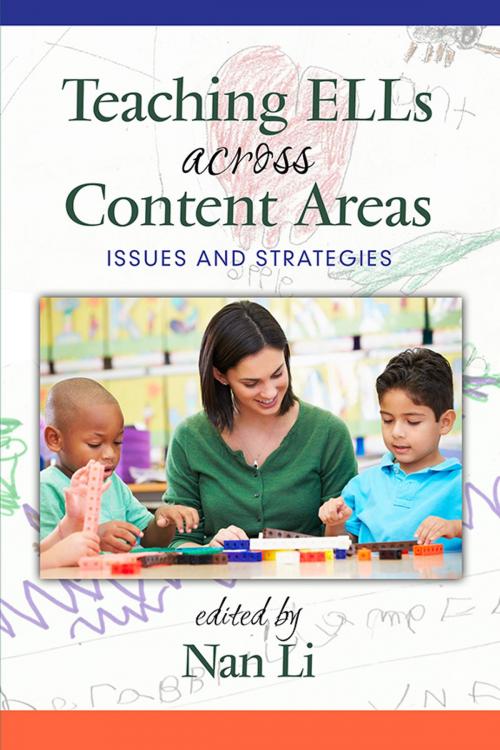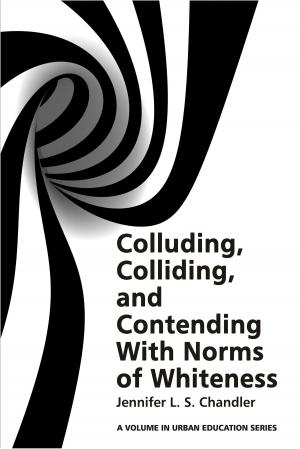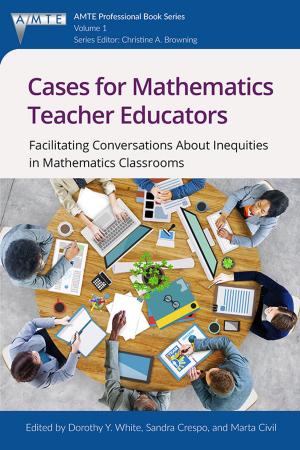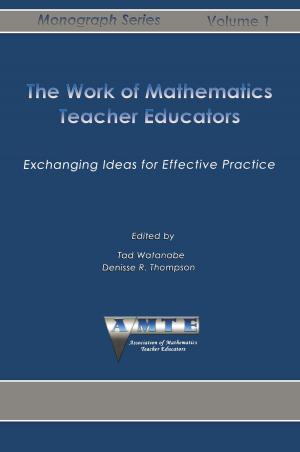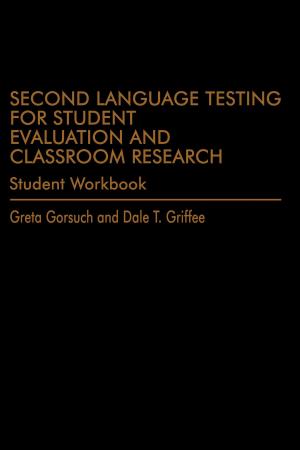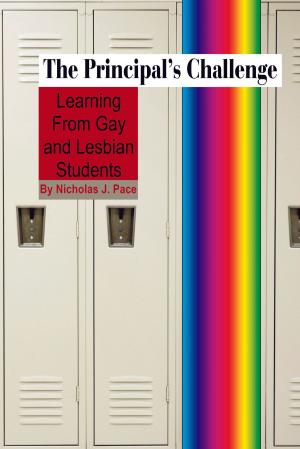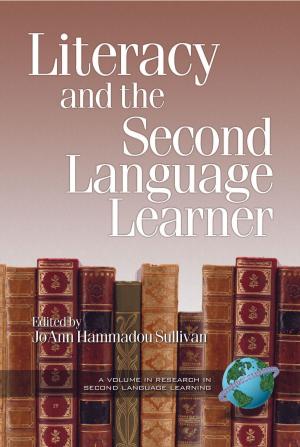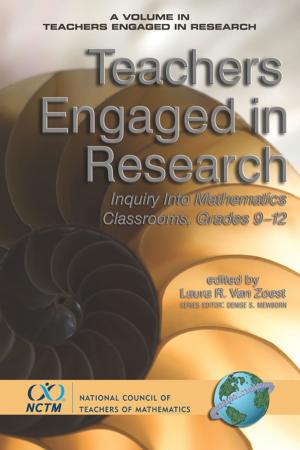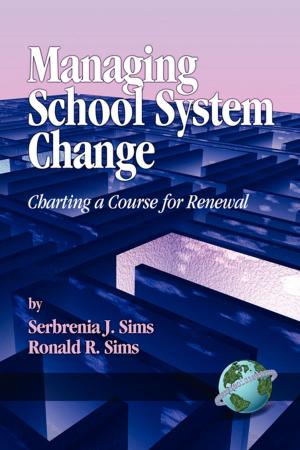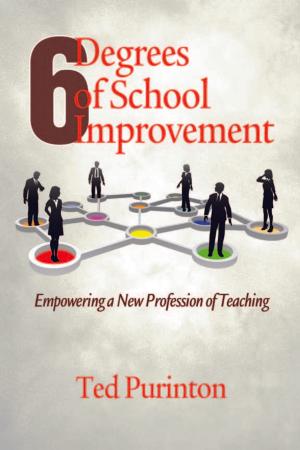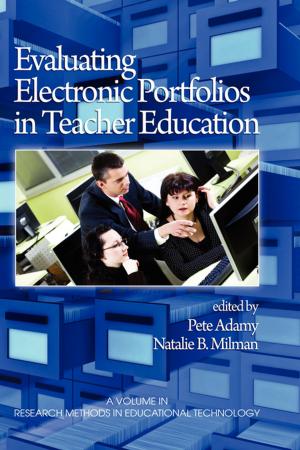Teaching ELLs Across Content Areas
Issues and Strategies
Nonfiction, Reference & Language, Education & Teaching, Teaching, Teaching Methods| Author: | ISBN: | 9781681234892 | |
| Publisher: | Information Age Publishing | Publication: | April 1, 2016 |
| Imprint: | Information Age Publishing | Language: | English |
| Author: | |
| ISBN: | 9781681234892 |
| Publisher: | Information Age Publishing |
| Publication: | April 1, 2016 |
| Imprint: | Information Age Publishing |
| Language: | English |
The book, Teaching ELLs Across Content Areas: Issues and Strategies, is a unique, useful text written for K12 teachers. This book is the culmination of the professional knowledge, expertise, and experience from the distinguished authors who represent the entire range of the content areas, including: language arts, science, mathematics, technology, arts, psychology, and Hispanic studies. The ELL school population has reached 5.3 million with the increase rate of 51 percent from School Year 19981999 to 20082009 (NCELA, 2012). By 2025, one out of four K12 students will be ELLs (NEA Policy Brief, 2013). The NEA data states that the ELLs are the fastestgrowing student population group in our schools and providing them with highquality services and programs is an important investment in America’s future (NEA Policy Brief, 2013). With the fast growth of the ELLs in schools, basic information and strategies are needed by all K12 teachers. This book provides useful information and strategies for all K12 teachers in content classrooms. This book has three significances. First, the book provides the most needed information for K12 teachers with issues and strategies that are important in content areas to help ELLs’ success. With the fast growth of the ELLs in schools, K12 teachers need this information in content classrooms. Second, the book fills the gap related to teaching ELLs in content areas. There are some existing books with titles on teaching ELLs across content areas; yet, these books provide general information with fewer books that really address specific content topics. This book is unique because it has the dedicated chapters for specific content areas, e.g., Language Arts, Science, Math, Social Studies with issues and strategies in these respective contents as well as general information, e.g., L2 theories for teachers to know and work with ELLs. Third, the book is readerfriendly with carefully crafted chapters. Each chapter begins with a scenario to catch the reader’s attention, is followed by issues and strategies, and ends with a summary. A scenario begins with each chapter for teachers to get to know the ELLs with the content that focuses on the related information and teaching strategies. With the continued increase in the ELL school population, this book is intended helping all K12 teachers in content areas have knowledge and strategies to better serve their ELLs.
The book, Teaching ELLs Across Content Areas: Issues and Strategies, is a unique, useful text written for K12 teachers. This book is the culmination of the professional knowledge, expertise, and experience from the distinguished authors who represent the entire range of the content areas, including: language arts, science, mathematics, technology, arts, psychology, and Hispanic studies. The ELL school population has reached 5.3 million with the increase rate of 51 percent from School Year 19981999 to 20082009 (NCELA, 2012). By 2025, one out of four K12 students will be ELLs (NEA Policy Brief, 2013). The NEA data states that the ELLs are the fastestgrowing student population group in our schools and providing them with highquality services and programs is an important investment in America’s future (NEA Policy Brief, 2013). With the fast growth of the ELLs in schools, basic information and strategies are needed by all K12 teachers. This book provides useful information and strategies for all K12 teachers in content classrooms. This book has three significances. First, the book provides the most needed information for K12 teachers with issues and strategies that are important in content areas to help ELLs’ success. With the fast growth of the ELLs in schools, K12 teachers need this information in content classrooms. Second, the book fills the gap related to teaching ELLs in content areas. There are some existing books with titles on teaching ELLs across content areas; yet, these books provide general information with fewer books that really address specific content topics. This book is unique because it has the dedicated chapters for specific content areas, e.g., Language Arts, Science, Math, Social Studies with issues and strategies in these respective contents as well as general information, e.g., L2 theories for teachers to know and work with ELLs. Third, the book is readerfriendly with carefully crafted chapters. Each chapter begins with a scenario to catch the reader’s attention, is followed by issues and strategies, and ends with a summary. A scenario begins with each chapter for teachers to get to know the ELLs with the content that focuses on the related information and teaching strategies. With the continued increase in the ELL school population, this book is intended helping all K12 teachers in content areas have knowledge and strategies to better serve their ELLs.
